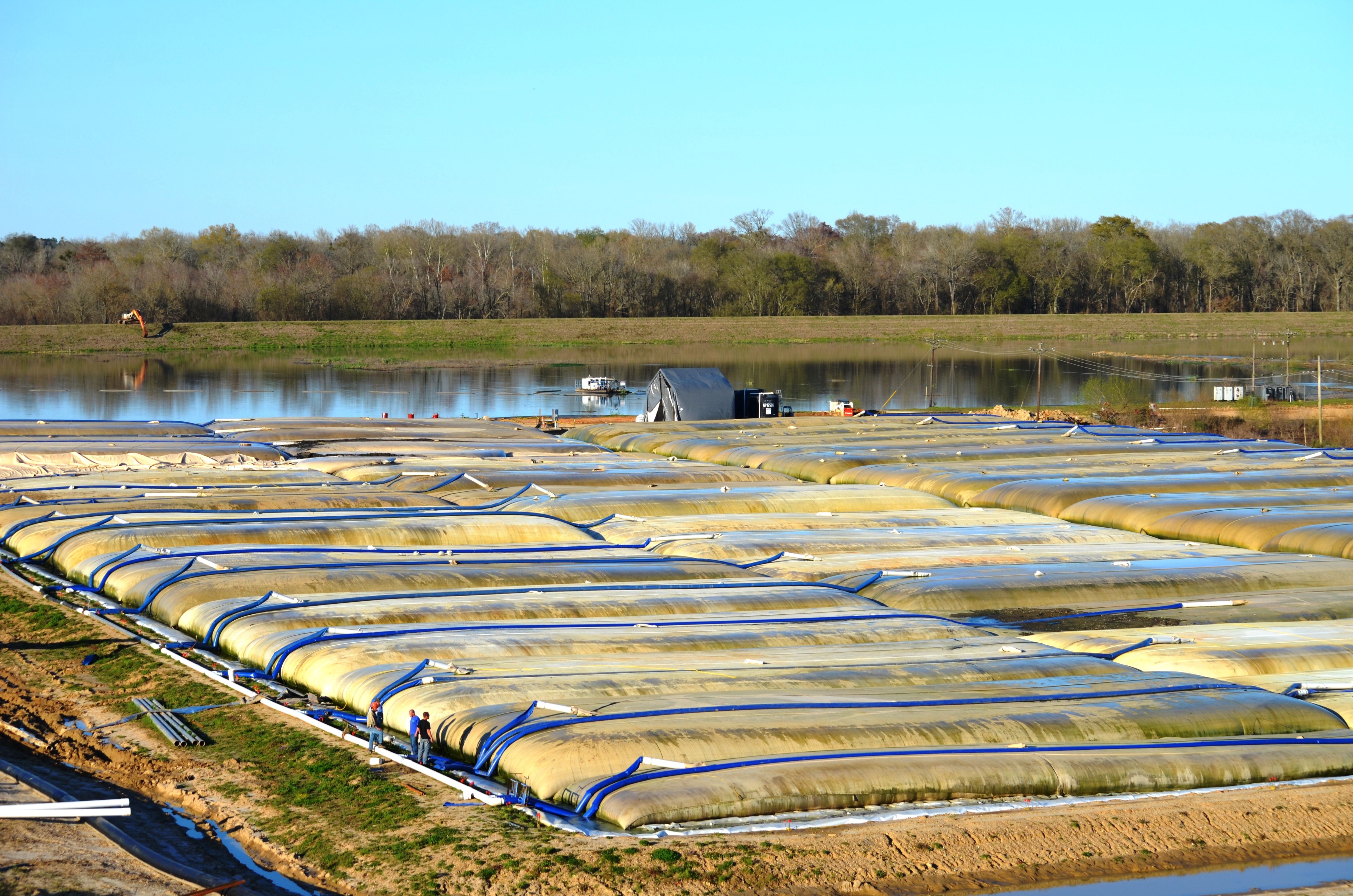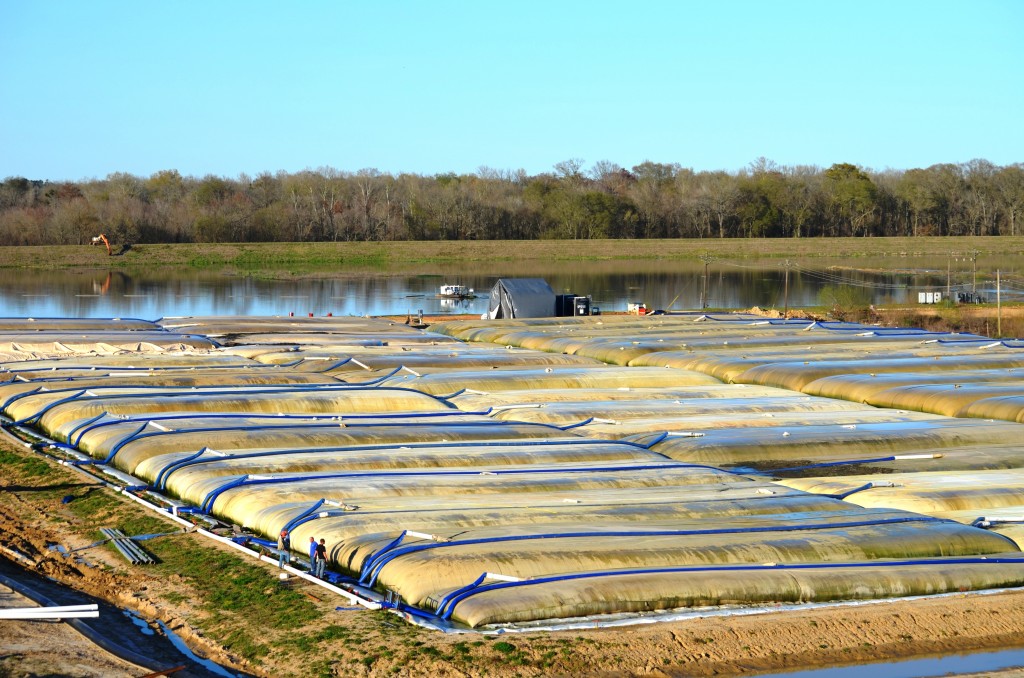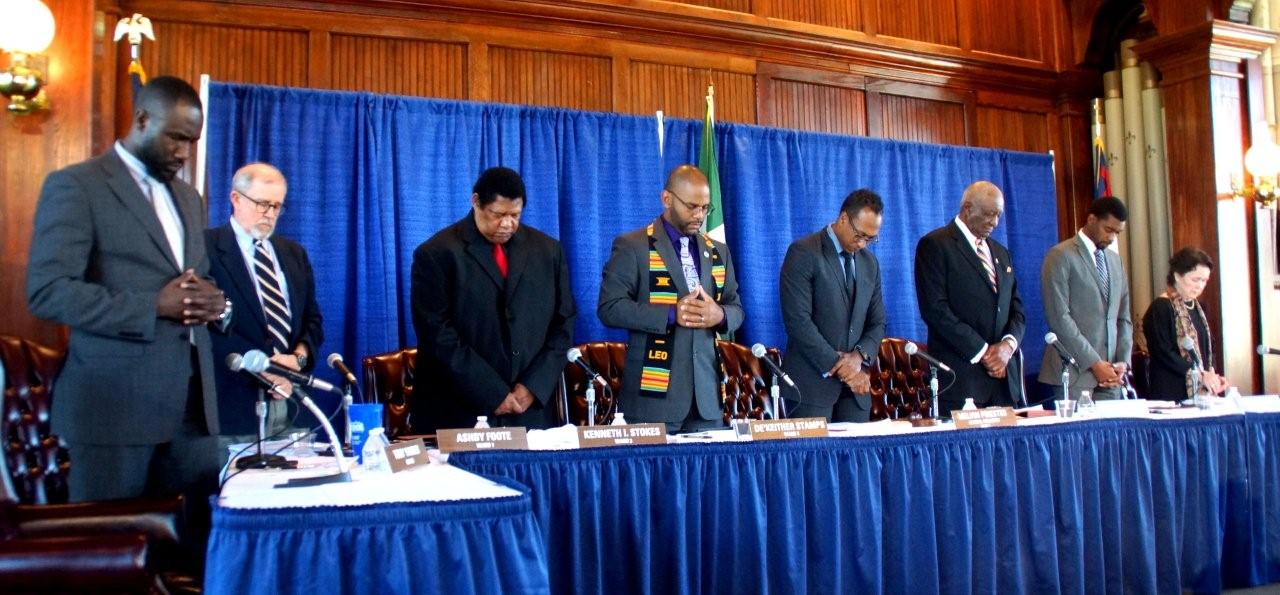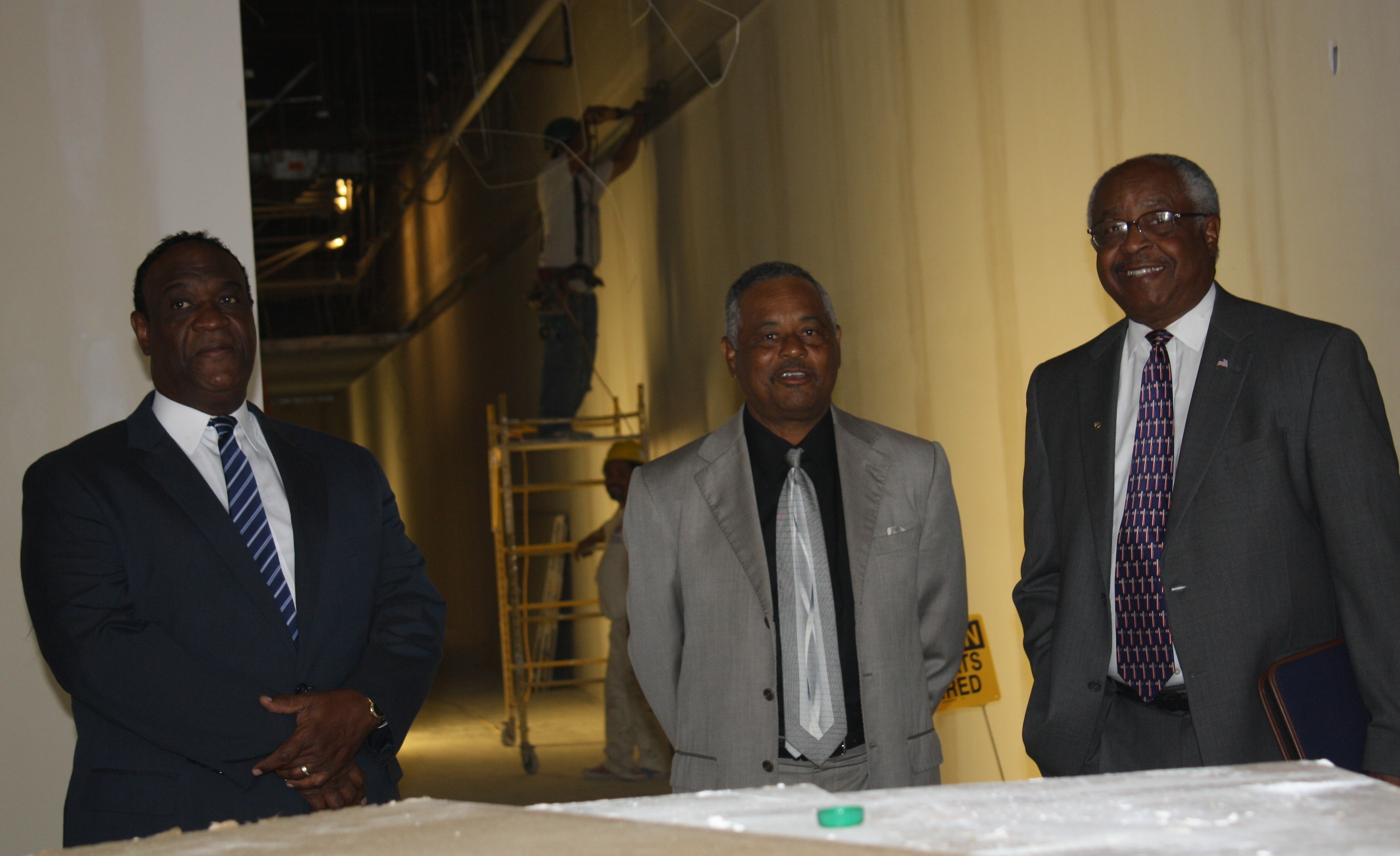
By Stephanie R. Jones
Contributing Writer

Jackson City Council members on Tuesday delayed voting on a contract for disposal of biosolids (sludge) until Nov. 8, saying they wanted the state Attorney General and state Auditor’s office to review the process city administrators used in recommending one company over another.
The matter has been controversial, with both companies that responded to a “request for proposals” (RFP) saying they offered the better deal. There also have been questions about the process of evaluating the proposals.
A request for proposals does not require the city to accept the lowest bid, which was presented by a joint venture between Denali Water Solutions and Socrates Garrett Enterprises. Yet competitor Synagro-WWT, along with minority contractor Fisher Construction and Transportation, claims it submitted the lowest offer.
But council members said they have questions about how the Public Works Department, headed by director Kishia Powell, arrived at its decision to recommend Denali/Garrett.
Councilman De’Keither Stamps said some members felt it necessary to have outside entities review the process. He said the discussion had gone beyond talking about the recommended companies and more about the city’s process for deciding on that recommendation.
The discussion had become about the companies involved and not the strength of the contracts and which was most beneficial for the city, Stamps said.
Three weeks ago the council voted 3 to 1 to reject Denali/Garrett’s proposal to complete the project for $15,456,100 compared to an offer by Synagro/Fisher to do it for $15,525,000. There was never a vote for Synagro/Fisher because it was not recommended by Public Works.
Synagro said the final numbers were changed during the proposal process and that its actual final bid was lower.
The company’s attorney openly defied a restraining order during the previous council meeting, revealing information illegally obtained regarding Denali/Garrett’s proposal which showed otherwise.
“Some may have been voting because they have questions about the process,” Stamps said. “So many allegations have been made.”
According to news reports from the Detroit Free Press and also out of Alabama, Synagro has had numerous regulatory violations through the years with some of its officials being convicted of bribery.
The city’s legal department has said the process is legally sufficient, but Stamps said there may be reservations on many sides because of questions about the process and levels of minority firm participation.
“We have ventured way off course on this discussion on this,” Stamps said. So we decided to seek an opinion from another level of government,” he said.
Councilman Kenneth Stokes suggested that the council vote again on the matter instead of waiting another month.
Plus, although the council set Nov. 8 for its next meeting on the issue, City Atty. James Anderson said there is no idea when the state agencies would respond to the city’s request.
Socrates Garrett of Socrates Garrett Enterprises called the council actions “a dark day for the city of Jackson.” Garrett said the government has turned on itself.
“The local government alleges there was corruption and collusion in the selection process for the request for proposals to remove biosolids,” Garrett said.
“Once again the council invited the attorney general, state auditor and ethics commission to do what the citizens hired them, elected them to do. This demonstrates that we don’t have the ability to govern and we don’t trust each other,” he added.
Garrett, who has done business with the city for more than 30 years, said “Never before have I seen any city council accuse the executive branch of wrongdoing. It’s shameful; it clearly represents an all-time low and the citizens of Jackson should be very, very disappointed.”
The city is already under the gun and behind schedule to adhere to a consent decree to have the biosolids cleared by December 2017. If that doesn’t happen, the city faces fines of $1,000 per day until the project is completed.



